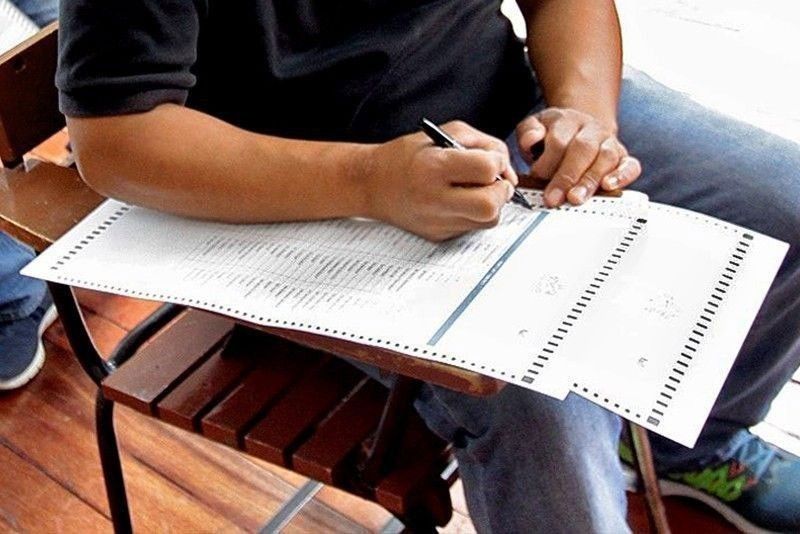UP statistics professors: Do not accept survey results as they are

MANILA, Philippines (Updated 1:48 p.m.) — Members of the faculty of the UP School of Statistics in Diliman reminded the public to be critical of surveys, especially those with questionable methodologies and those that "disregard ... the principles of data gathering."
In a statement on their Facebook page Monday, the professors also raised the alarm on institutions, social media influencers and media organizations who are "abusing survey methodologies" by using social media and man on the street interviews to project voting preferences for the country.
"Surveys reveal facts, beliefs, sentiments, and opinions based on a representation of the population. However, the quality of any inference cannot rise above the quality of the methodology it is based upon... Biased methodologies will only give biased results," the UP Stat faculty members said.
"Thus, we call on the public to be critical of surveys in this respect. Do not immediately accept survey results as they are," they added.
Alhough they did not mention whether the surveys they meant are related to the national and local elections taking place on May 9, the election season has historically seen a rise in survey and data analysis firms publishing their findings.
What to consider when looking at surveys
A survey is considered biased when its sample selection or choice of respondents tends to favor a certain segment of the population, according to the group. Data collection methods can also generate bias, such as when an interviewer purposefully affects the answers of the respondents.
The statistics professors said there are some indicators that a survey was conducted properly, adding that the public should ask these questions when reading survey results:
- How were the respondents selected?
- Which sectors of the population are being represented in the survey?
- Is the sample size appropriate based on the target margin of error, level of confidence, and nature of the target population?
- What events surround the period of data gathering?
- Were the respondents interviewed in a neutral yet professional tone?
- What are the control mechanisms were implemented to ensure accuracy of the protocols in data collection?
'Be wary of entities doing their own brand of research'
On Monday, the professors also cautioned the public against entities who are doing their own brand of research and publicizing the results.
"We have been observing these practices, including surveys not based on random sampling, such as videos of 'kalye surveys' being done by some vloggers and suspicious online surveys, especially on Twitter and Facebook. We are dismayed by their cavalier disregard for the principles of data gathering," the group said.
They also noted that public relations companies, private individuals and media organizations have been releasing surveys with unclear methodologies.
The statistics professors said it appreciates reputable organizations who maintain and uphold the highest standards in conducting surveys.
The group vowed to be vigilant in fighting for the ethical practice of statistics especially when the principals of data gathering are "haphazardly handled."
Candidates and their campaigns commonly look at the findings of established pollsters like Social Weather Stations and Pulse Asia to get a snapshot of public sentiment during a certain period. These pollsters, as well as think tanks like OCTA Research have been operating since before the election season started and their research is not limited to poll issues.
Last week, Pulse Asia released its latest election survey results showing that Ferdinand Marcos, Jr., the son of the late dictator, remained the top choice of respondents who would elect him as the next Philippine president if the elections took place during the survey period.
- Latest
- Trending

































